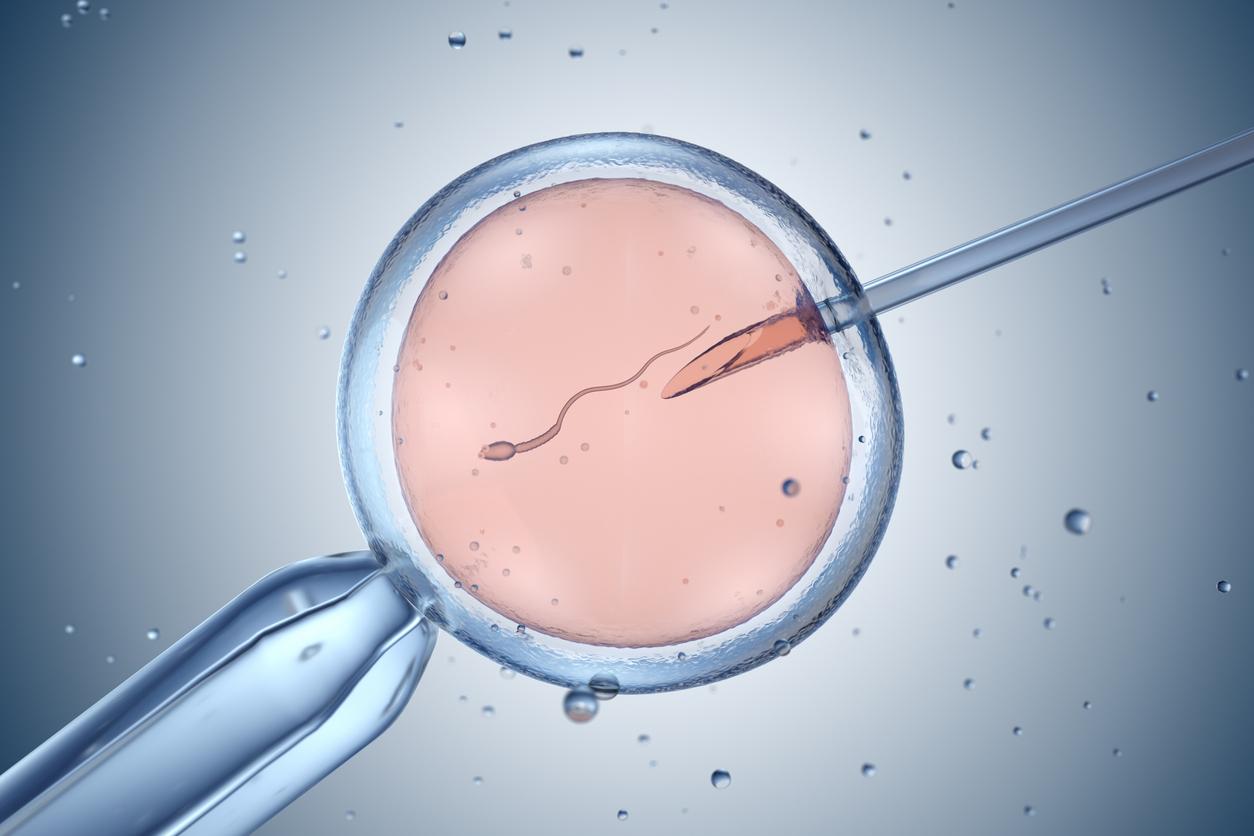While the debate on the extension of assisted reproduction to lesbian couples and single women is not yet closed, the National Institute for Demographic Studies is publishing a study in which it estimates that one in thirty children will be conceived by this. technical in 2018 in France.

A few months after the States General on Bioethics, which aimed to revise the law of 2011, the debate around the extension of ART (medically assisted procreation) to lesbian couples and single women is not settled. According to a study from INED (National Institute for Demographic Studies), one in thirty children (i.e. 3.4%) will be conceived in France by this technique during 2018.
IVF is more democratized
Behind the term “medically assisted procreation”, which designates the “forced” encounter between an egg and a sperm, actually hide two techniques. The first is IVF (in vitro fertilization). Fertilization is done in the laboratory, then the egg is transferred to the uterus of the woman who wishes to have a child. According to INED, IVF represents “70% of children conceived” by assisted reproduction. The other technique, artificial insemination, involves placing sperm in the woman’s uterus without having sex.
Soon 400,000 children born by PMA
The first child born by PMA in France, nicknamed “test tube baby”, is Amandine in 1981. Since then, the number of births linked to this technique has increased in a linear fashion. INED estimates that at the end of 2019, the number of children from assisted reproduction could reach 400,000. Today, only heterosexual couples who cannot have children, that is to say with at least one of the two sterile members, have the right to resort to assisted reproduction in France. Women in couples with other women, or single women, must then leave abroad to hope to get pregnant. Corn back in France, they face a legislative vacuum because the baby cannot have two legal mothers.
Towards assisted reproduction for all?
Soon, the PMA could be open to all, according to a campaign promise from Emmanuel Macron. This medical practice is regulated by law dating from 2004. This must be reviewed every seven years, depending on the progress of medicine and customs. The last update was in 2011, this is the year that things could change. The text is expected in Parliament in the fall. At the beginning of the year, more than half of the French said they were in favor of PMA for all.
.

















